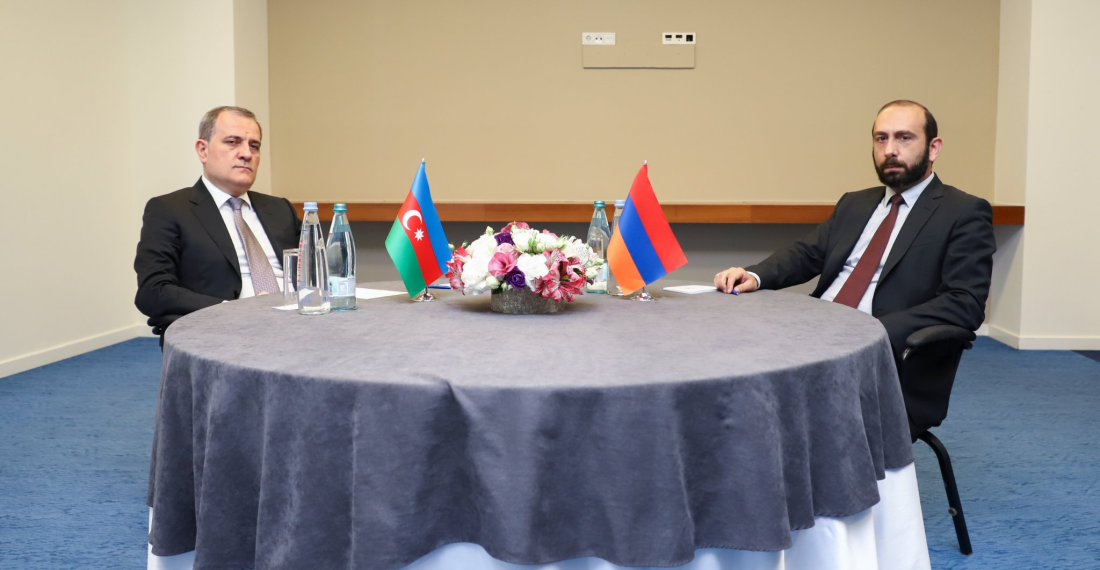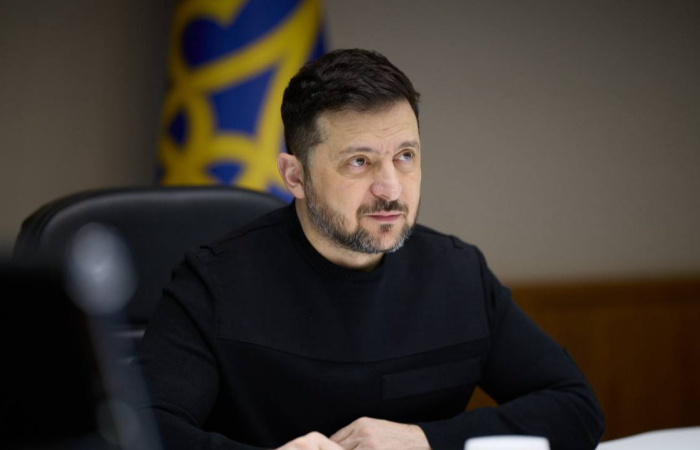This editorial first appeared in the 4 May 2023 issue of our newsletter Caucasus Concise. If you would like to subscribe to Caucasus Concise, or any other of our newsletters, please click here.
"The signing of an agreement – it is still not clear if it will be called a Peace Agreement, or something else – will certainly not mean that all issues between Armenia and Azerbaijan are resolved," writes commonspace.eu in this editorial. "There is also much that still needs to be done to build enough trust and confidence for any agreement to not simply be a piece of paper. But an agreement will certainly be the sign of the end of an era of war and hostilities which has also poisoned the atmosphere between the two neighbouring nations."
The foreign ministers of Armenia and Azerbaijan, accompanied by large delegations, were in Washington this week for face to face negotiations on the future relations between their countries.
After a hiatus of several months, during which contact was relegated to exchange of emails, the two sides, with some US prodding, on Monday engaged in what many consider to be the most detailed exercise yet in trying to chart the future relations between the two countries.
Instead of the usual one or two hours of discussions, that characterised previous meetings, the meeting lasted three days. A draft of an agreement was on the table, and progress has been made. Assuming that soon there is agreement on a final text, the leaders of the two countries may then proceed to signing it shortly after. We are not there yet.
The fact that the United States could bring the sides back to the negotiating table, and advance the process so far is thanks mainly to Secretary of State Antony Blinken, who, despite having a crammed agenda and dealing with multiple international crisis, made time for the Armenia-Azerbaijan issue, and engaged with the sides both in person and through diplomatic channels. But as is always the case with peace processes, one needs also to look back at the many others who contributed over the years, and especially since 2021, including the considerable efforts put by the EU, and particularly European Council president, Charles Michel. If a deal is clinched there will be room for some satisfaction in both Brussels and Washington,
In the meantime, while initially giving a grumpy response to the Washington talks, Moscow appears now to be resigned to the fact that the sides have found the basis for moving forward with an agreement. The foreign ministers of Armenia and Azerbaijan are expected to meet with Russian foreign minister, Sergei Lavrov, later this month, thus enabling the Russians to maintain a stake in the process.
The signing of an agreement – it is still not clear if it will be called a Peace Agreement, or something else – will certainly not mean that all issues between Armenia and Azerbaijan are resolved. There is also much that still needs to be done to build enough trust and confidence for any agreement to not simply be a piece of paper. But an agreement will certainly be the sign of the end of an era of war and hostilities which has also poisoned the atmosphere between the two neighbouring nations.







